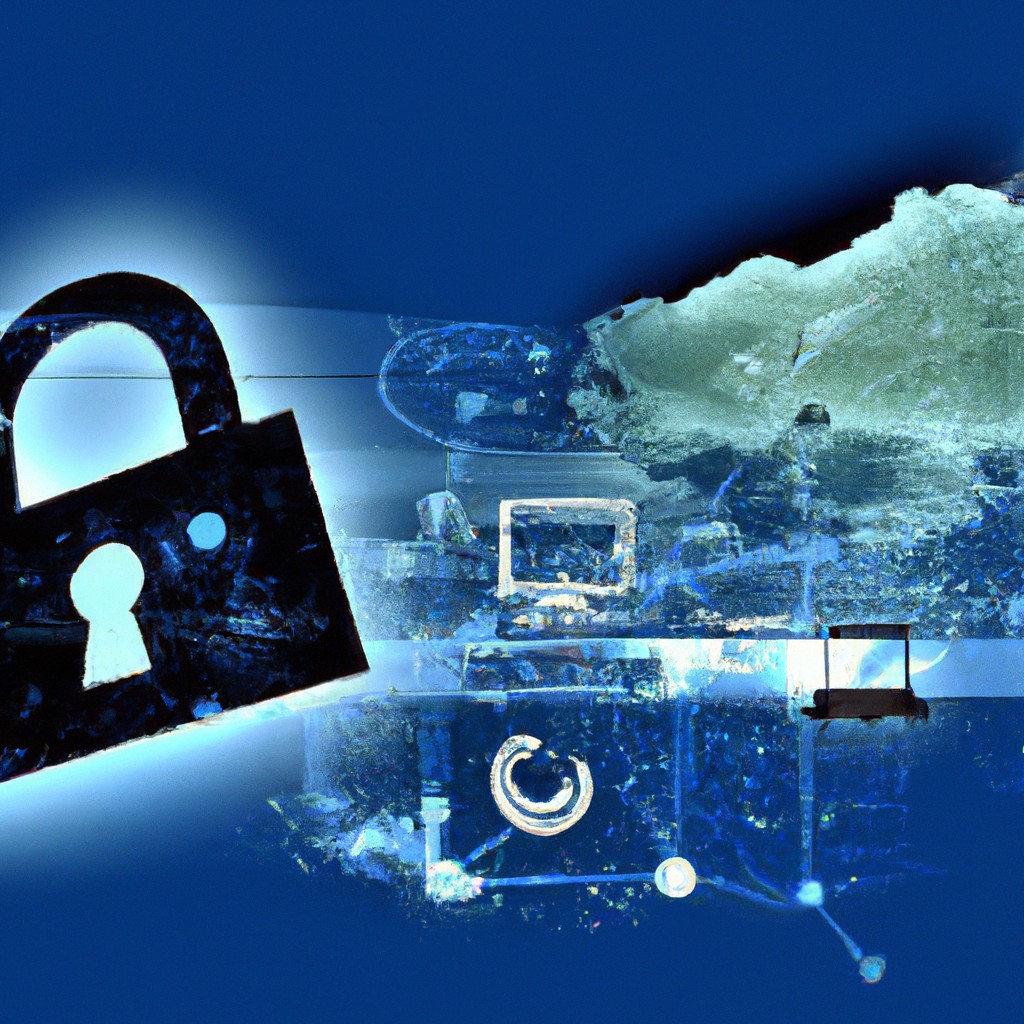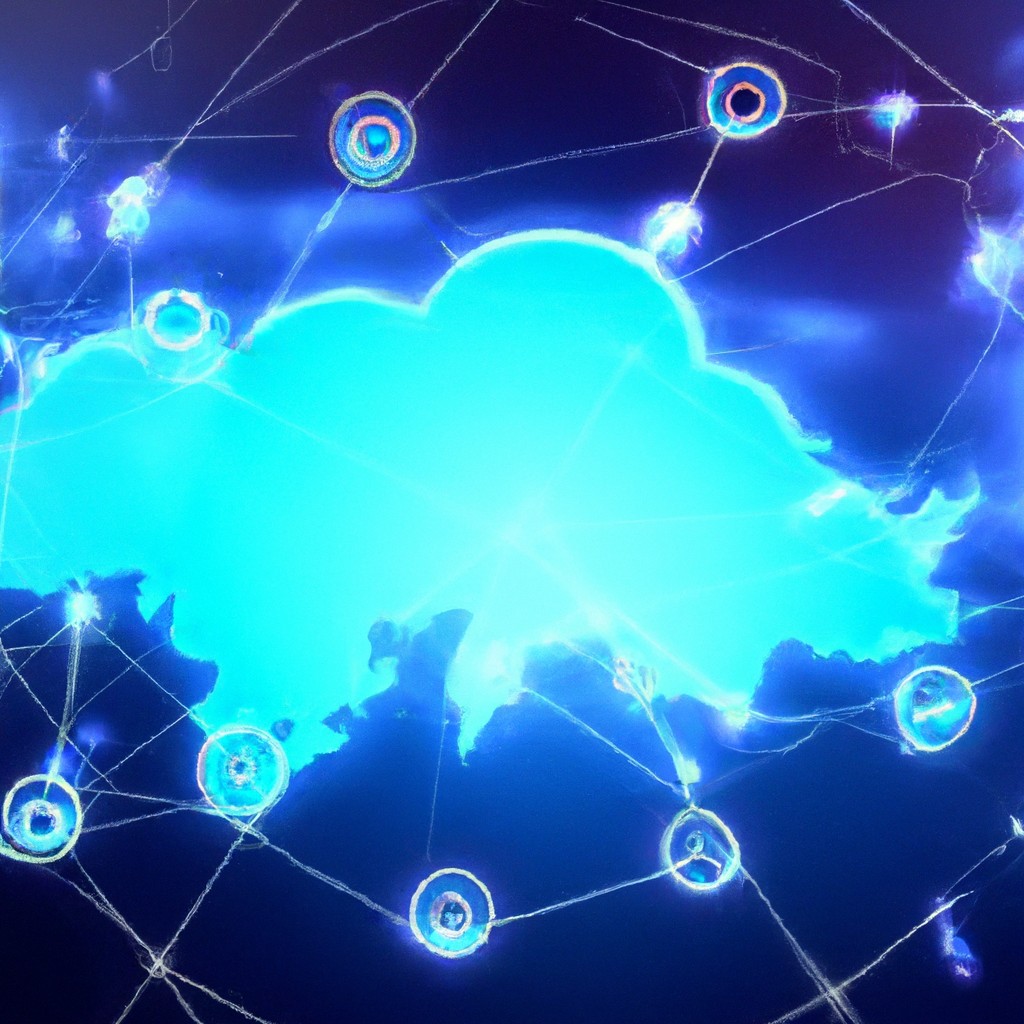Vpn4all Review
In today’s digital landscape, online security has become a top priority for individuals and businesses alike. That’s why we’re excited to share our review of TorGuard, a VPN service that has been gaining popularity among enthusiasts and professionals alike.
A Legacy of Excellence: Understanding TorGuard’s History
TorGuard was founded in 2009 by industry veterans with a passion for online security. With over three decades of experience in the banking sector, they brought their expertise to create a cutting-edge VPN solution that prioritizes user safety and anonymity. This commitment to excellence has earned them a reputation as one of the most secure VPNs on the market.
Pricing Tiers: Flexibility for All Users
TorGuard offers three pricing tiers to cater to various needs and budgets:
- Mobile: Perfect for protecting your mobile device, this plan costs $4.08 per month (paid annually).
- Key features:
- Free IP addresses
- Access to each server location
- Fixed IP addresses
- Unlimited bandwidth
- Instant VPN activation
- Key features:
- Unlimited: Designed for heavy internet users, this plan offers unlimited bandwidth for $24.95 per month.
- Key features:
- Free IP addresses
- Access to each server location
- Fixed IP addresses
- Unlimited bandwidth
- Instant VPN activation
- Key features:
- 50GB: Suitable for average computer users, this plan provides 50GB of data for $11.95 per month.
- Key features:
- Free IP addresses
- Access to each server location
- Fixed IP addresses
- Unlimited bandwidth
- Instant VPN activation
- Key features:
Security and Encryption: The Heart of TorGuard’s Strengths
TorGuard’s commitment to security is evident in its use of military-grade encryption. When you log on, two keys are generated for your session – a public and private key – using 2096 bits of random numbers. This ensures that your browsing habits remain completely secure.
When information is sent to your device, it’s encrypted via AES-256, providing an additional layer of protection against interception or eavesdropping. TorGuard’s security measures are so robust that government agencies trust this encryption method.
Support and Accessibility: A User-Friendly Experience
TorGuard’s customer support team is available 24/7 via chat, ensuring that you receive prompt assistance whenever you need it. The company also offers excellent documentation and manuals to help you navigate the software and troubleshoot any issues.
With TorGuard, you can easily install the software on various platforms, including:
- Windows (XP SP2 or higher)
markdown # Installing TorGuard on Windows
- Download the TorGuard installer from their official website.
- Run the installer and follow the prompts to complete the installation process.
- Linux (via OpenVPN or third-party client)
- Mac (10.5 or higher with Intel Chipset)
- Mobile devices (Android and iOS)
Conclusion: Why Choose TorGuard?
TorGuard’s unparalleled security, reliability, and ease of use make it an outstanding choice for anyone seeking a VPN solution. With its robust encryption methods, flexible pricing tiers, and exceptional customer support, you can feel confident that your online identity is protected.
Whether you’re a heavy internet user or just starting to explore the world of VPNs, TorGuard is worth considering. Give it a try today and experience the difference for yourself!
Testimonials
“TorGuard has been a game-changer for me. With its exceptional security features and user-friendly interface, I can finally feel confident about my online activities.” – Rachel M., Online Entrepreneur “TorGuard’s customer support team is top-notch! They responded to my queries immediately and helped me resolve any issues I encountered.” – David K., Tech Enthusiast



